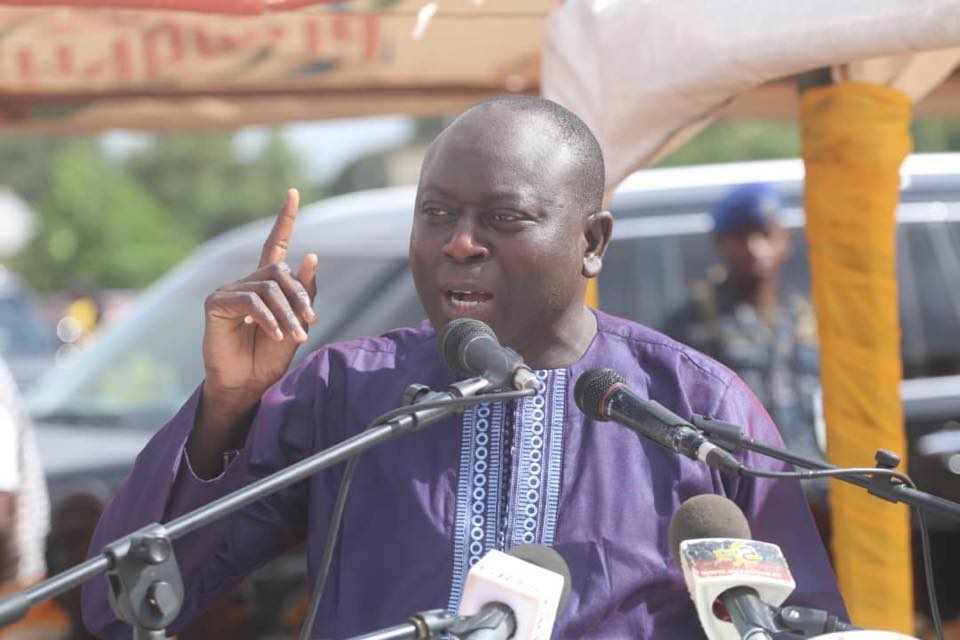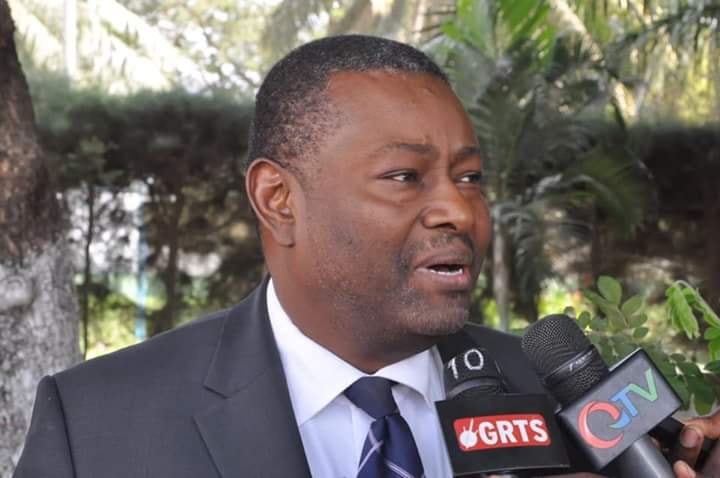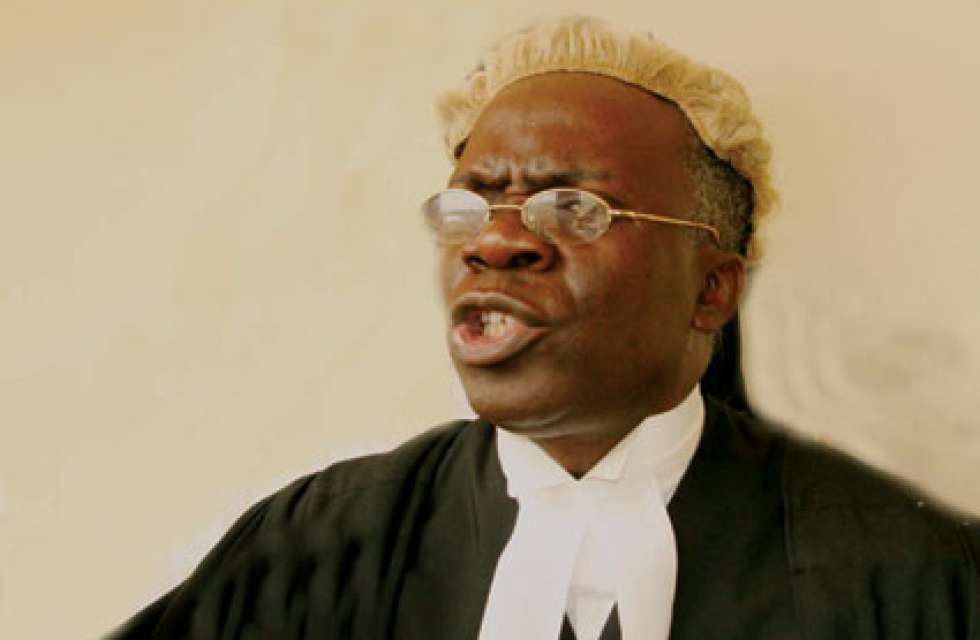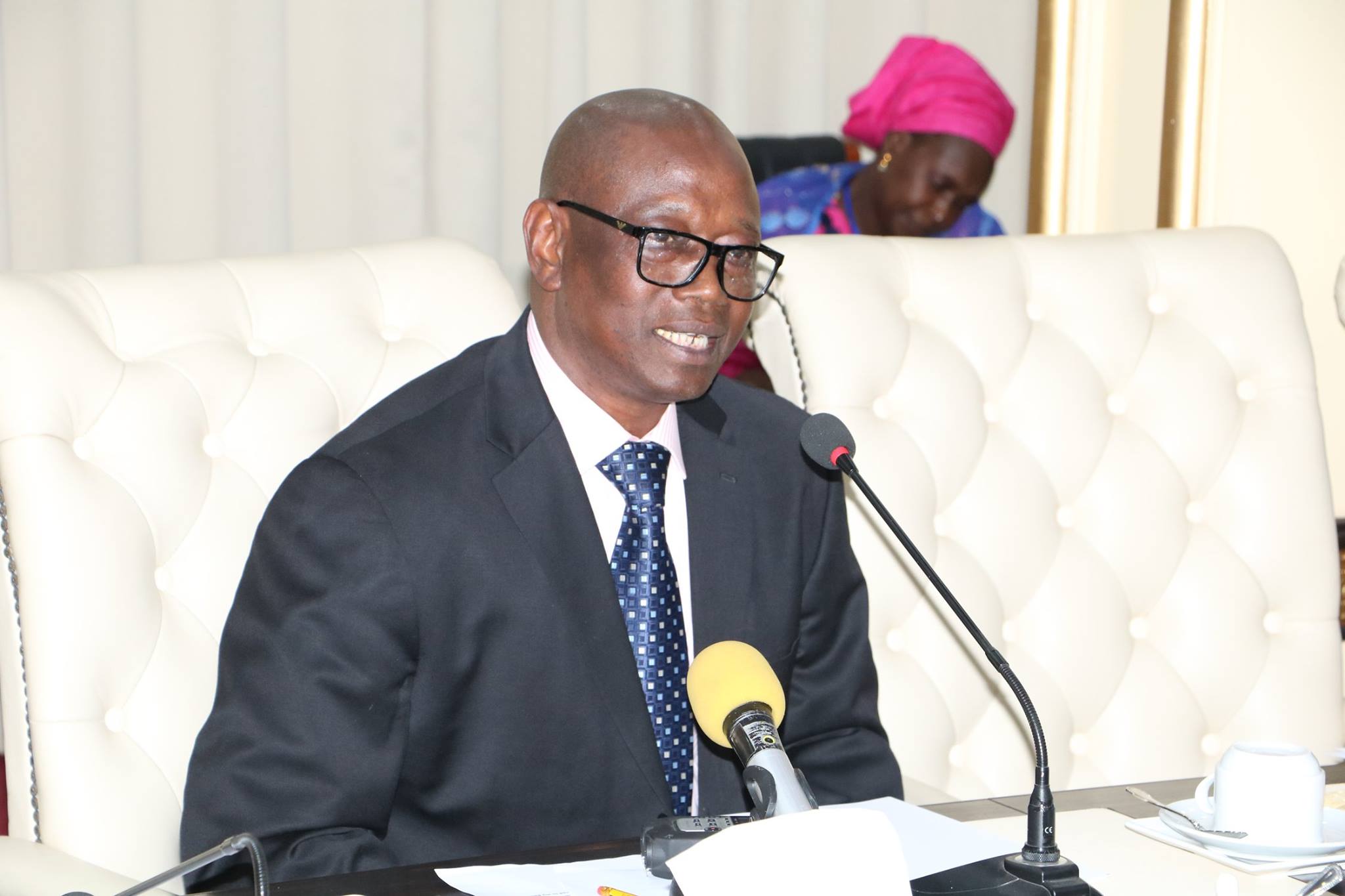Internet freedom in The Gambia has improved remarkably in the past year as internet users experienced less restrictions under President Adama Barrow, according to the 2018 Freedom House Index.
The index which was released recently said there were no restrictions on connectivity in the country compared to the previous year.
The status of the country’s internet freedom has been ranked as “partly free” together with countries such as Uganda, Zimbabwe, Kenya, India and Libya.
Gambia scores 55 on a ranking order of 1 to 100, 1 being the best.
“Self-censorship has decreased, enabling the online information landscape to become more pluralistic (see Media, Diversity, and Content Manipulation),” the report stated.
“In May 2018, the Gambian Supreme Court declared parts of the Information and Communication Act unconstitutional, striking down criminal defamation and narrowing the definition of sedition to apply only to “the person of the president” and “administration of justice” (see Legal Environment).
“Despite improvements in internet freedom, including declines in technical attacks, dubious prosecutions over online activity have continued under the Barrow administration and some violence against journalists has been reported (see Prosecutions and Arrests for Online Activities, and Intimidation and Violence).
“All previously blocked websites and communications platforms have become accessible, while independent journalists and citizens working to push the boundaries of free expression from within the country have re-emerged after decades of severe self-censorship or exile.”
However, the index also stated that despite the improvements, Barrow has shown some signs of following his predecessor’s footsteps with a few arrests and prosecutions for online activities in the past year.
In February 2018, Ismaila Ceesay, a political analyst and political science lecturer who has emerged as a prominent critic of the Barrow administration, was arrested, detained, charged and released for comments he made to a local newspaper, which were published both online and in print.
Separately, a group of soldiers stood trial in 2018 for treason in relation to messages in a Whatsapp group; the nature of the allegations against them is unclear, and the trial process has been opaque. The country report of the 2018 Freedom House Index.





